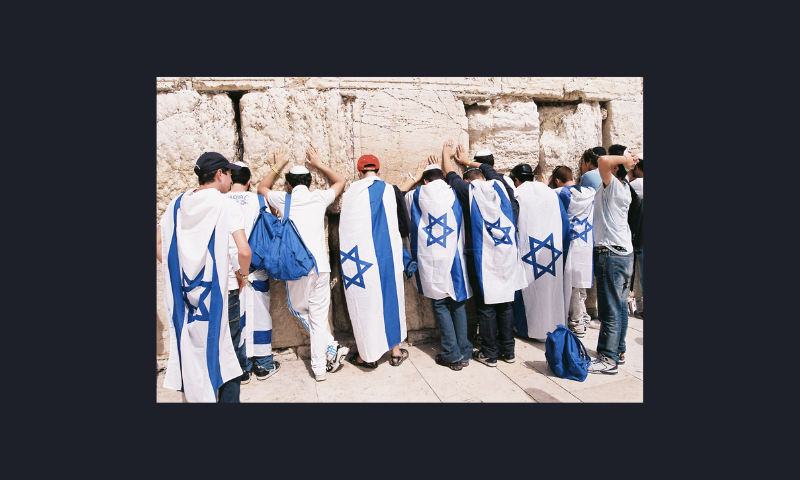Jerusalem Post, Dec. 29, 2022
“… even though this isn’t listed specifically in the agreements, the religious parties want to make the official state body that is in charge of conversion to Judaism become more strict in order to “move the needle back to the time when Reform and Conservative conversions in Israel weren’t acknowledged in order to become a citizen.””
How will the new government influence religion and state in Israel? “People need to calm down and understand that there isn’t a big difference between what the Shas and United Torah Judaism (UTJ) parties have requested this time around from any other government they were members of in the past few decades,” according to Tani Frank, an expert in issues of religion and state and the director of the Center for Judaism and State Policy at the Shalom Hartman Institute.
“The coalition agreements of Shas and UTJ are based on agreements that existed since at least 2009,” he continued, giving as examples issues that involve working on Shabbat. “This isn’t a new topic; it’s been listed on coalition agreements for more than a decade and hasn’t ever been implemented the way they would like.” Frank explained that there are many “verbal or declaratory clauses.”
The real difference to previous governments
What differentiates this coalition from previous governments is the Religious Zionism Party bloc, the center’s director said. “The RZP, Otzma Yehudit and Noam parties have never been in a government – definitely not in this constellation.” … [To read the full article, click here]


